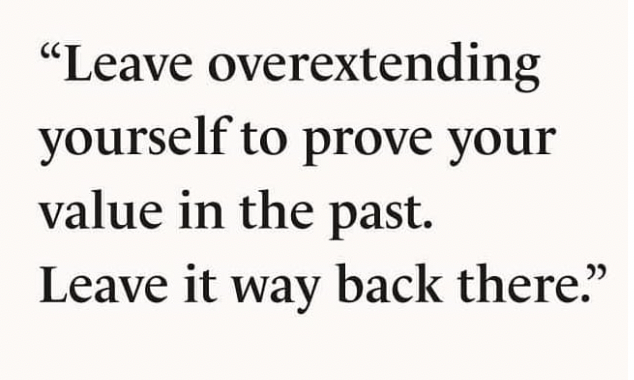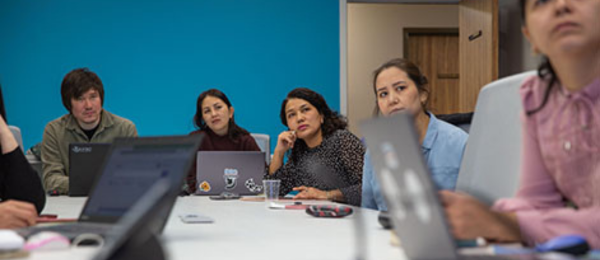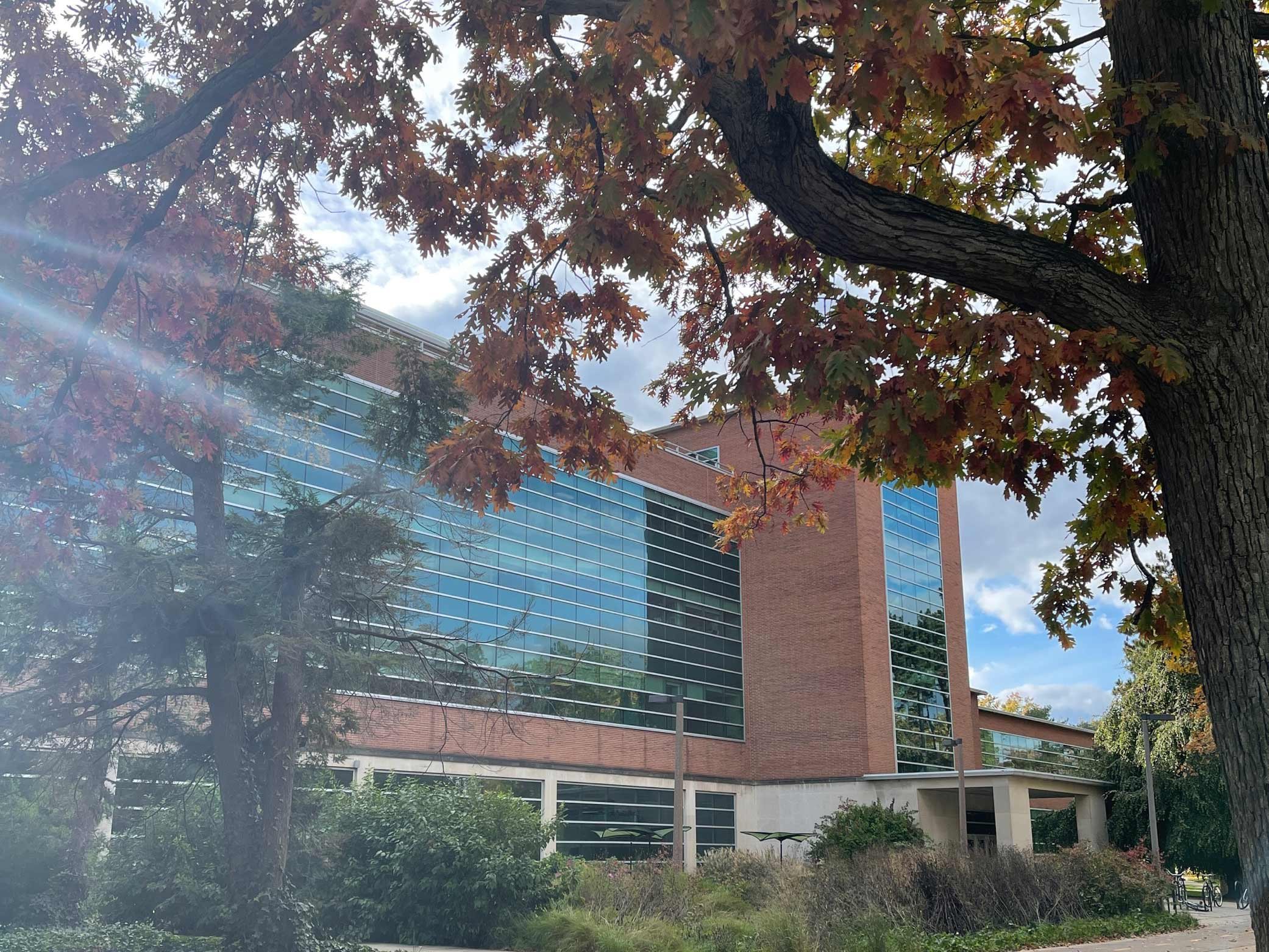By Lisett Roman, SAA 2020
A masters program is full of endless opportunities to help students and staff, join research projects, and attend numerous lectures. However, you have to account for how much time you have available in your schedule, while also considering what you WANT to invest your time in. Moreover, there are opportunities that are not optional, and you also have to attend to your academics. After considering your to do list, you wonder if you should consider beginning to say no. Saying no maintains boundaries, which are essential to preserving the self, especially in graduate school.
Creating and maintaining boundaries looks different for everyone. It can be tough to say no to helping students or people you care about, but only you know what you are able to take on. Boundaries help ground me in my priorities; they are a reminder of the energy I should be reserving for myself. If I am able to preserve energy for myself, then I know I will have much more energy to give to my students and peers.

Boundaries in graduate school have been incredibly important for me to continue my success work with first-generation students. As a first-generation student myself, my work is incredibly personal because my students and I share many similarities and life experiences. It can be hard to be reminded about past hardships that affected my life. Boundaries help me remain focused on my student’s needs and supportive of their growth, while also attending to my own needs.




